The Murphy Institute at the CUNY School of Labor and Urban Studies (SLU) in collaboration with the NYC Department of Citywide Administrative Services (DCAS) and participating unions offer a unique opportunity for City employees. The undergraduate and graduate certificate programs in Public Administration and Policy provide students with an opportunity to focus specifically on government agencies, the budgetary process, the delivery of social services, and the development of public policy.
These programs are ideally suited for students who are pursuing or advancing careers in government or in the nonprofit sector. Many graduates work as senior administrators for social service agencies with the federal, state, or municipal governments. In this capacity, they oversee and improve public programs in such areas as housing; welfare; transportation; community health; emergency services; economic development; and parks, recreation, and cultural affairs. Other graduates get involved in the electoral process and/or policy analysis and development.
Students who complete the program may apply their certificate credits towards the BA in Urban and Community Studies or MA in Urban Studies degree program offered by the CUNY School of Labor and Urban Studies. For more information about the Urban Studies BA and MA degrees and other certificate programs, click HERE.

